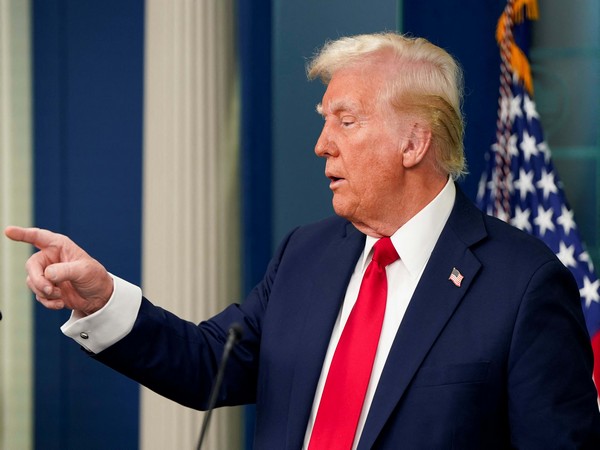Trump Pushes for Prescription Price Parity
President Trump has urged leaders of 17 major pharmaceutical companies to cut U.S. prescription drug prices to match those paid internationally. Despite executive orders and industry pressure, little support or change is expected. Trump's plan for most-favored-nation pricing aims to tackle high U.S. drug costs.

President Donald Trump has taken action to address the high cost of prescription drugs in the United States. On Thursday, the White House revealed that Trump sent letters to leaders of 17 major pharmaceutical companies, urging them to reduce U.S. drug prices to match those paid overseas.
In May, Trump signed an executive order mandating that drugmakers generalize lower medicine costs akin to international standards. His letters, addressed to executives at companies like Eli Lilly, Merck & Co, and AstraZeneca, follow industry proposals that did not meet his expectations.
The president's proposal is designed to provide 'most-favored-nation' pricing to patients under Medicaid and ensure the same pricing is offered as to developed nations. While seeking corporate compliance, skepticism remains about tangible outcomes due to limited congressional support, despite extensive national pharmaceutical investments.
(With inputs from agencies.)










